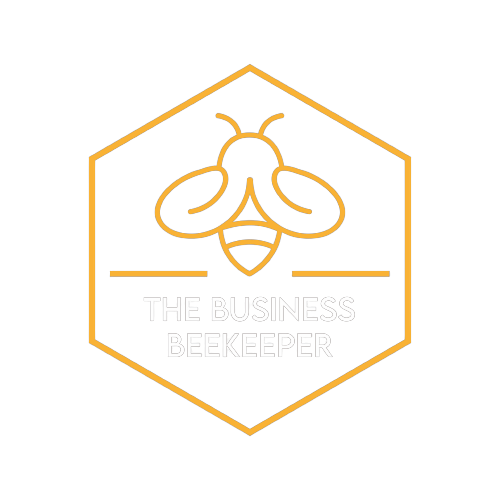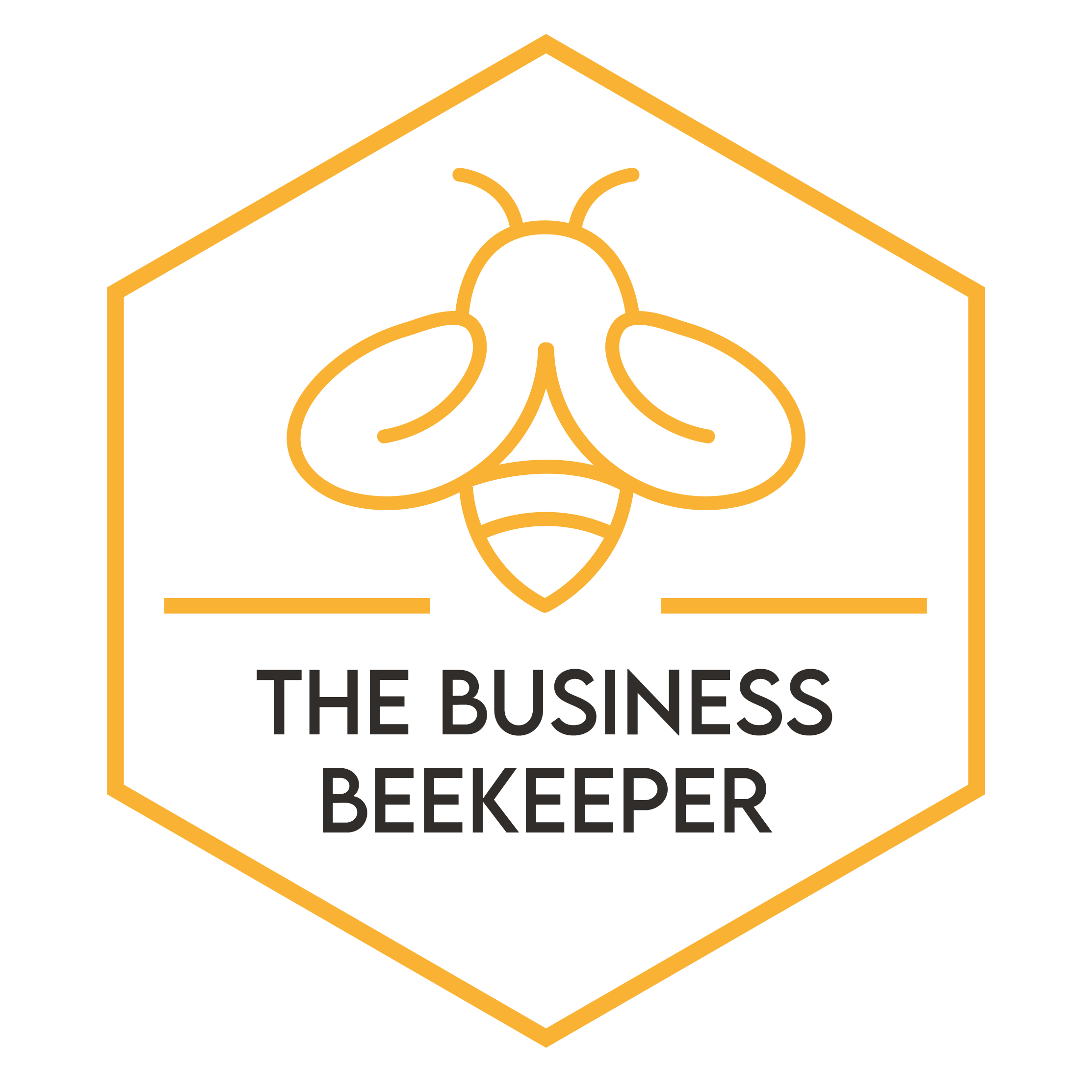
ESG and Beekeeping for Sustainable Business
In recent years, Environmental, Social, and Governance (ESG) factors have gained significant importance in the business world. As companies strive to become more environmentally responsible and socially conscious, beekeeping offers a unique opportunity to make a positive impact. In this blog post, we will explore the powerful synergy between ESG principles and beekeeping, highlighting how businesses can embrace sustainable practices while supporting pollinator health.
Environmental Impact
Beekeeping plays a vital role in preserving our environment. Bees, as pollinators, are responsible for fertilizing plants and enabling the reproduction of countless species, including many food crops. By investing in beehives, businesses actively contribute to the conservation of biodiversity and the protection of ecosystems. The decline in bee populations due to habitat loss, pesticide use, and climate change poses a significant threat to global food security and the delicate balance of our ecosystems. By supporting beekeeping initiatives, companies can directly combat this decline, reducing their carbon footprint and enhancing their environmental stewardship, aligning with the “E” in ESG.
Social Responsibility
Governance and Ethics
Integrating beekeeping into a business strategy requires careful planning, responsible management, and ethical practices. Establishing beehives means companies must ensure the health and well-being of the bees by providing a suitable habitat, monitoring hive conditions, and using sustainable beekeeping methods. It is crucial to prioritize the health and safety of the bees and follow best practices to prevent the spread of diseases and pests. By adhering to these principles, businesses demonstrate their commitment to ethical and responsible practices, aligning with the “G” in ESG. Strong governance ensures that beekeeping initiatives are managed effectively and transparently, maintaining the integrity of the environmental and social impact.
Beekeeping and Sustainable Supply Chains
Businesses can leverage beekeeping to support sustainable supply chains. Pollinators, including bees, are essential for agriculture, ensuring healthy crop yields. By keeping bees on their premises or partnering with local beekeepers, companies can contribute to the sustainability of their supply chains. The presence of bees enhances pollination, leading to increased yields, better-quality crops, and reduced reliance on synthetic fertilizers and pesticides. Moreover, businesses can explore opportunities to source honey or other bee-related products locally, reducing transportation emissions and supporting local beekeeping communities. This integration strengthens the connection between businesses, agriculture, and local ecosystems, creating a more sustainable and resilient supply chain.
MARKETING AND BRAND ENHANCEMENT
Embracing beekeeping initiatives aligns with the growing consumer demand for eco-friendly and socially responsible products and services. By integrating their beekeeping efforts into their marketing strategies, businesses can differentiate themselves from competitors, attract environmentally conscious customers, and enhance their brand reputation. Sharing the positive impact of beekeeping on social media, through press releases, or on product packaging allows companies to showcase their commitment to ESG principles and engage with a broader audience. Customers are increasingly making purchasing decisions based on the environmental and social values of businesses. By highlighting their beekeeping initiatives, companies can strengthen their brand identity as responsible, sustainable, and caring organizations.
Conclusion
As we move towards a more environmentally conscious and socially responsible future, it is essential for businesses to embrace initiatives that align with ESG principles. Beekeeping offers a tangible and meaningful way to make a difference. By supporting pollinator health and habitat preservation, businesses contribute to the overall well-being of our planet.
Moreover, beekeeping can also serve as an educational tool, fostering awareness and understanding of environmental issues. By engaging employees, customers, and local communities in beekeeping initiatives, companies can empower individuals to take action and become advocates for sustainable practices.
To successfully incorporate beekeeping into their ESG strategy, businesses should consider partnering with experts in the field, such as local beekeepers or environmental organizations. These partnerships can provide valuable guidance on hive management, training, and educational opportunities.
By embracing beekeeping, companies can create a positive ripple effect, inspiring other businesses to adopt sustainable practices and promoting collective action towards a more sustainable future.
So why not join the buzz and take action today? By integrating beekeeping into your business operations, you can demonstrate your commitment to environmental stewardship, social responsibility, and ethical governance. Let’s work together to create a world where businesses thrive while nurturing the planet and its pollinators.


